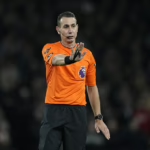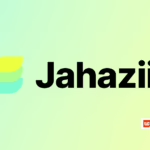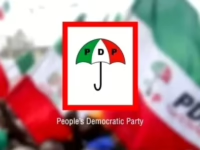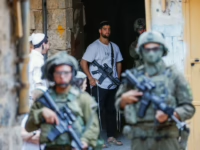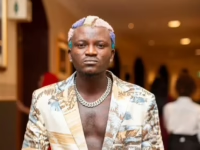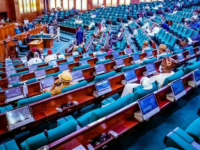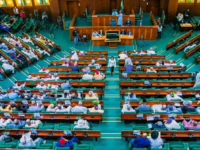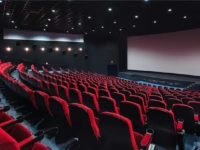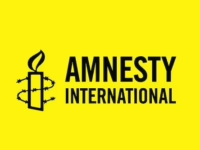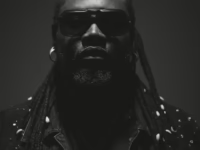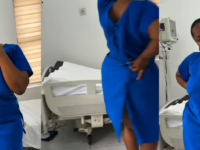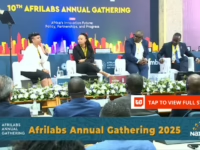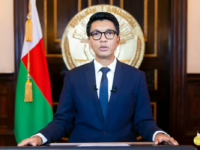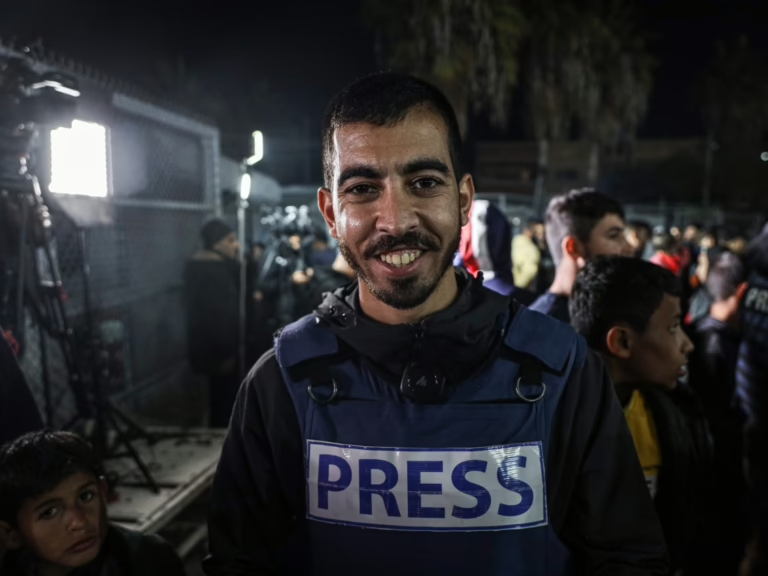The news of Saleh Aljafarawi’s murder struck me deeply. After the war’s end, we all believed safety was within reach. Yet, this brutal act shattered that hope, reigniting fear and uncertainty among us.
Saleh was a familiar face in our Gaza City neighborhood-known for his infectious smile and passion for music. I vividly recall Eid mornings when he handed out sweets to children outside the mosque, serenading them with songs. My younger sister adored asking him to sing for her and her friends.
His journey as a freelance journalist and photographer began during the 2018 March of Return protests. Saleh contributed to local media and shared his work widely on social platforms. When the 2023 conflict erupted, he fearlessly documented the devastation, his videos gaining massive traction. His Instagram account amassed over 10 million followers, though it faced repeated suspensions, much like other prominent pages exposing Israeli atrocities.
Through his camera, Saleh captured the grim reality of the ongoing genocide with unflinching courage. He often rushed to bombed sites, risking his life to report on massacres and assist rescue efforts. Despite personal hardships, he remained devoted to revealing the truth about Gaza’s suffering.
Saleh’s family endured immense pain: his mother battled cancer and required evacuation for treatment; his elder brother, Naji, was forcibly taken from al-Shifa Hospital by Israeli forces; and his father’s health was fragile. With Naji missing, Saleh became the family’s pillar while continuing his journalistic mission.
His prominence made him a marked man. Israeli authorities issued threats against him, echoing the warnings given to journalists like Anas al-Sharif, Ismail al-Ghoul, and Hassan Eslaih before their assassinations.
On the night the ceasefire was declared, Saleh shared a joyful video celebrating the news, which quickly went viral. For the first time in a long while, his family felt a glimmer of safety and hoped for Naji’s release to reunite them all.
Yet, Saleh’s commitment to reporting did not waver. Although Israeli forces claimed withdrawal, they left behind armed factions sowing disorder in Gaza. Saleh was present during clashes between resistance fighters and these militias in the Sabra neighborhood, documenting the turmoil.
Reports indicate he was abducted, subjected to brutal assault, and shot seven times.
This devastating news plunged his family into despair. His father’s condition deteriorated rapidly. Though Naji was freed in a prisoner exchange, the family’s relief was overshadowed by grief when Naji learned of Saleh’s death the previous day.
Saleh’s killing sent shockwaves through Gaza’s journalistic circles. Colleagues mourned the loss of yet another courageous Palestinian reporter, joining the ranks of over 250 journalists killed amid the ongoing genocide.
However, this tragedy transcends the loss of a gifted journalist. It signals a stark warning: Gaza’s media professionals remain perilously vulnerable. Those of us in journalism-or aspiring to join-now recognize that the ceasefire has not diminished the threats we face.
While Israeli troops may have pulled back from parts of Gaza, the lingering menace of their campaign to silence witnesses persists. The danger now emanates from militias installed by the occupation to perpetuate violence against Palestinians even after the ceasefire.
Saleh’s assassination delivers a chilling message: anyone who continues to expose the realities of Gaza, Israel’s ongoing destructive presence, and the betrayal by its local collaborators risks abduction, torture, and death.
Both journalists and civilians remain at risk as long as these armed factions operate with impunity.
Nonetheless, attempts to intimidate Gaza’s media workers will not succeed. Despite the staggering toll on journalists, many continue to pursue this vital profession. Personally, though I no longer feel secure, I remain determined to complete my media studies and contribute to this field.
That said, Palestinian journalists urgently require international solidarity. Support from unions, press freedom advocates, and human rights organizations is essential to establish protective measures ensuring our safety. Foreign correspondents must resist disinformation campaigns targeting Palestinian media and openly stand in solidarity with us.
The perspectives shared here are those of the author and do not necessarily represent the editorial position of this platform.


